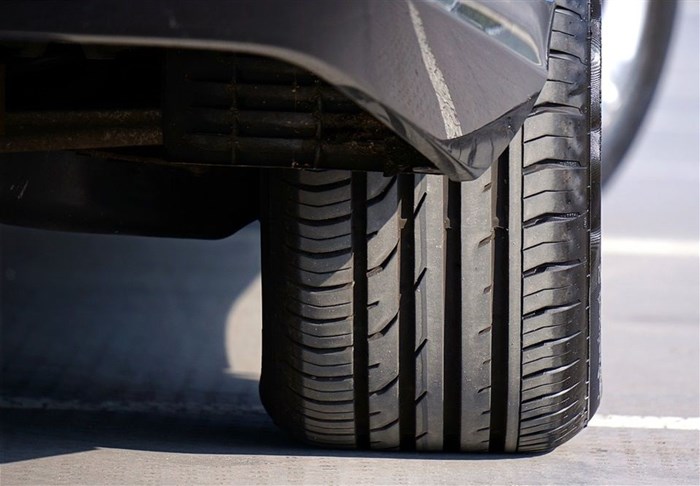
“There is a direct correlation between the condition of tyres and road deaths. Road safety is a priority for the RMI and should be for all motorists despite the economic conditions. Road-worthy vehicles will increase road safety so we want to urge motorists and fleet owners not to skimp on tyres.”
Hedley Judd, director of the Tyre Dealers’ and Fitment Centre Association (TDAFA), a proud association of the RMI, offers some basic tips on how to keep tyres in good condition and when they should be replaced:
Olivier says checking your tyres regularly needs to be a priority. “Don’t put it off. If you need to replace tyres but are short on cash speak to your mechanic or tyre supplier and find out what your options are. Find an accredited RMI/TDAFA fitment centre so you can be assured of quality standards of service and ethical trading conditions. Remember that the RMI has a long-standing track record of successful dispute resolution so if you are not satisfied with the service received there is recourse,” he concludes.